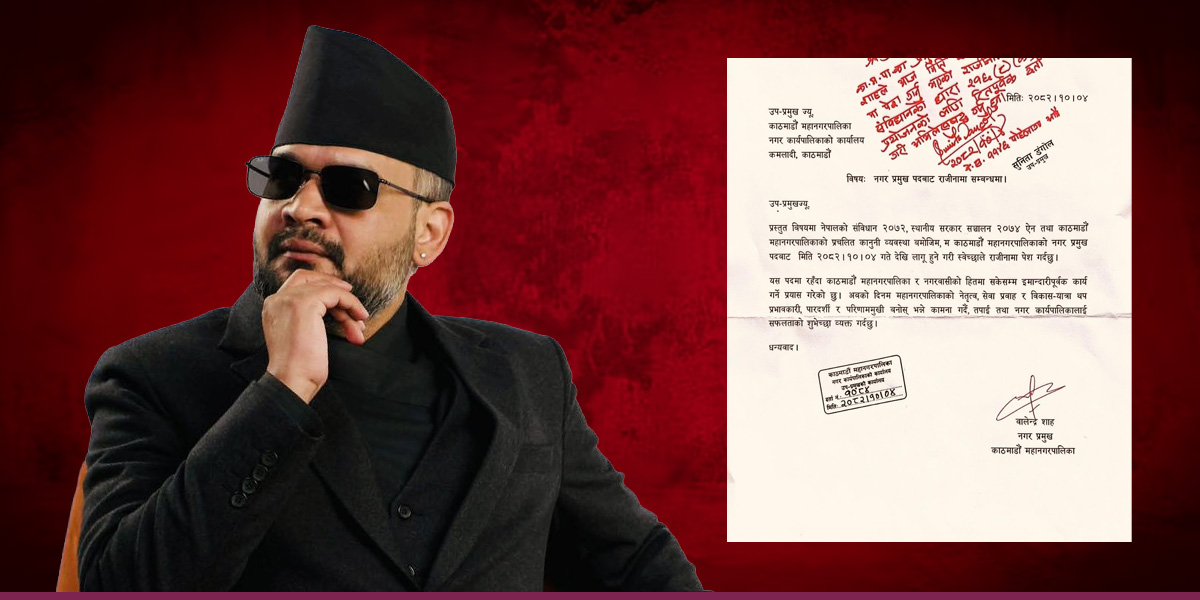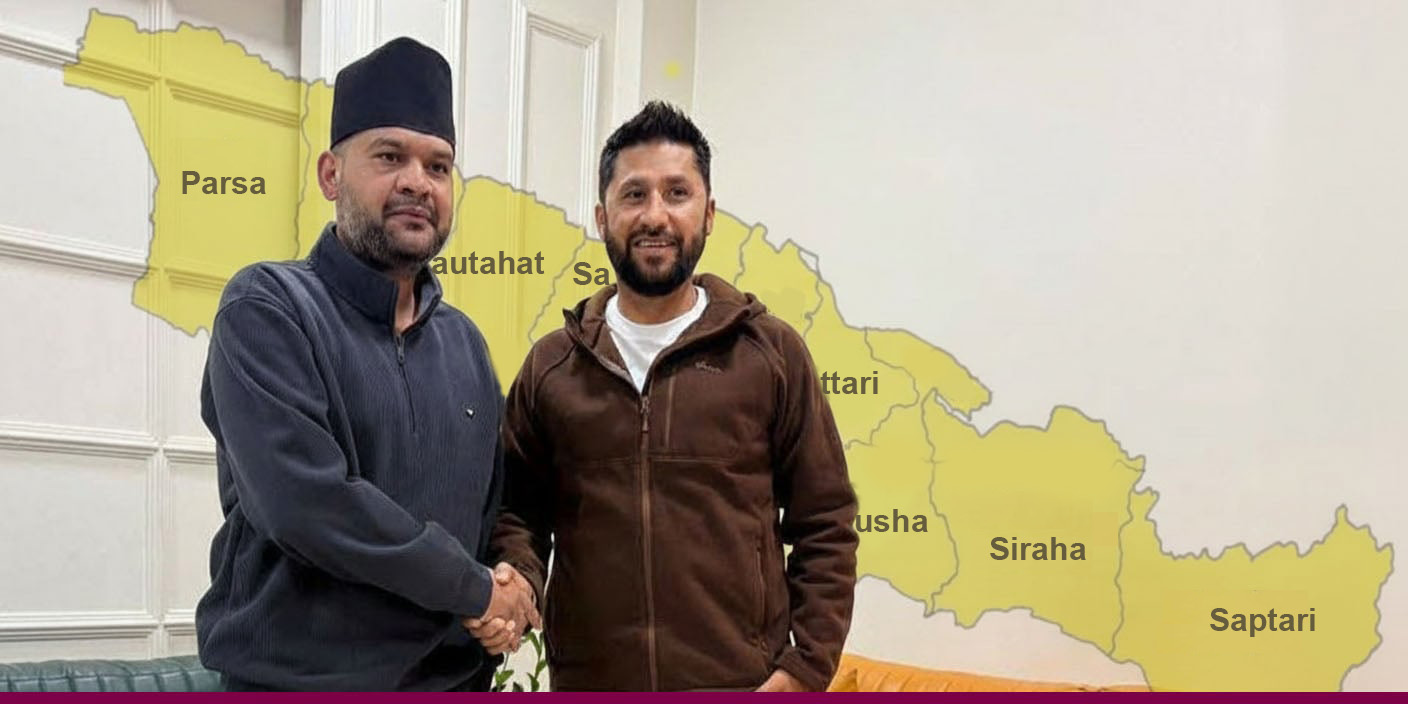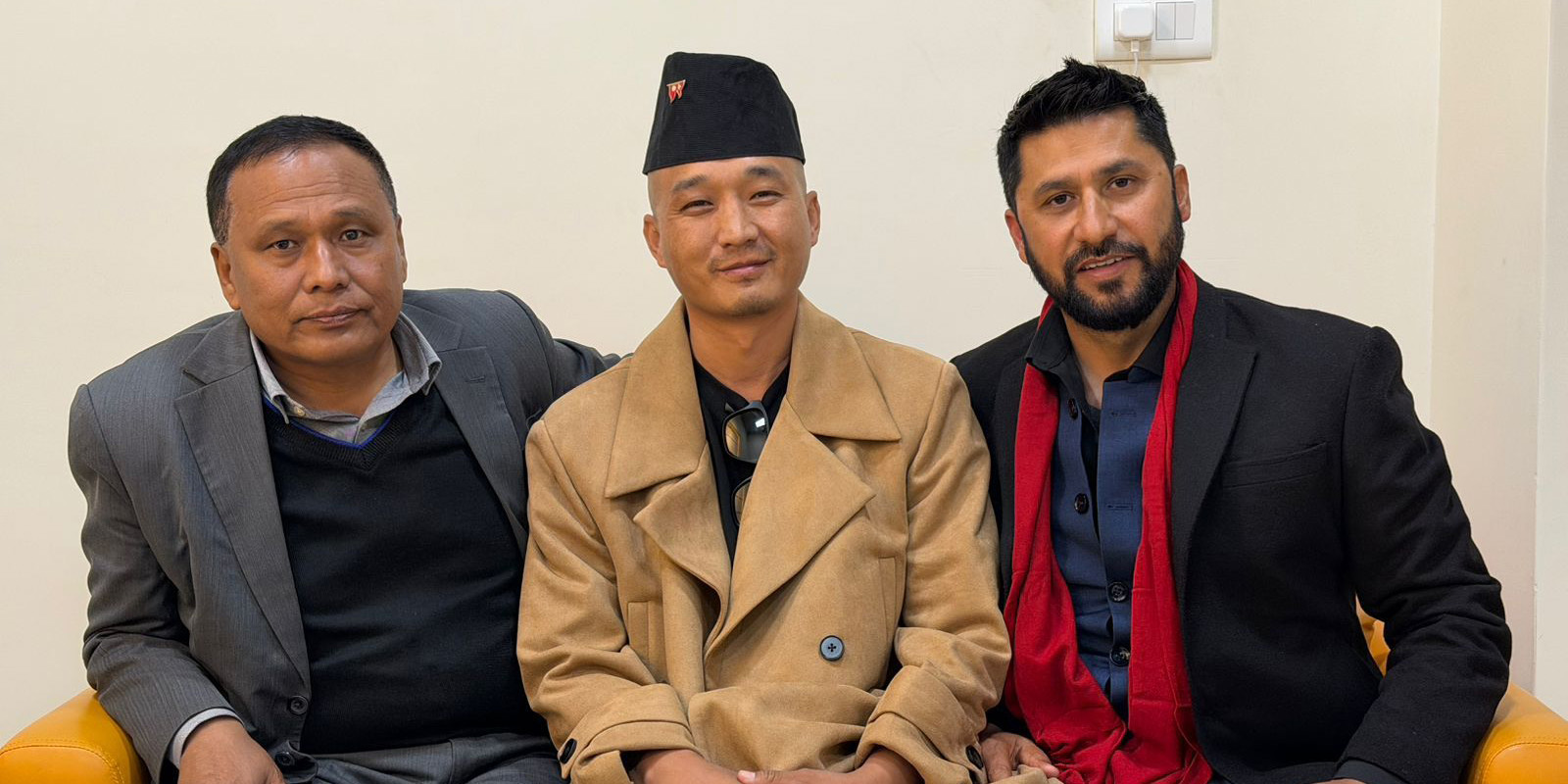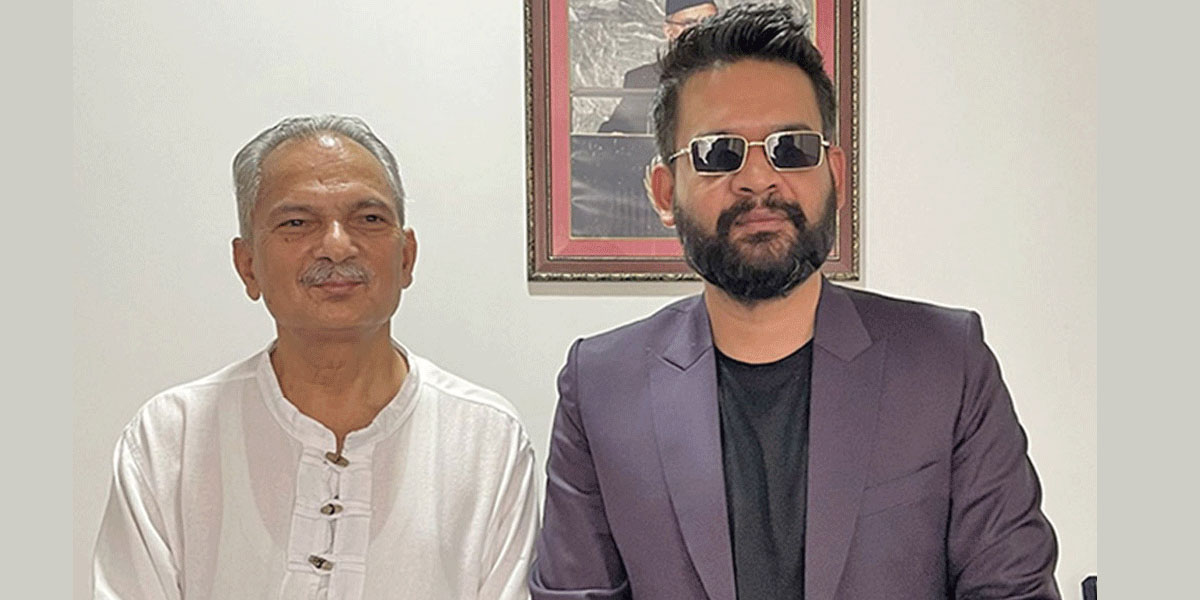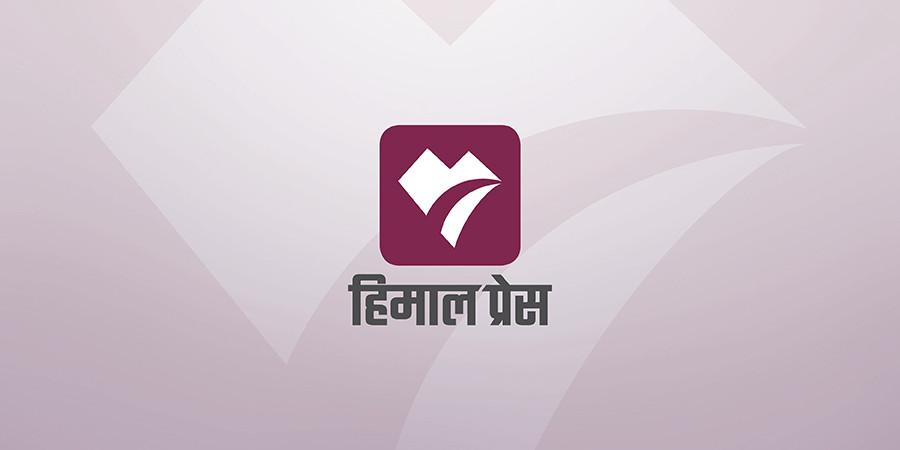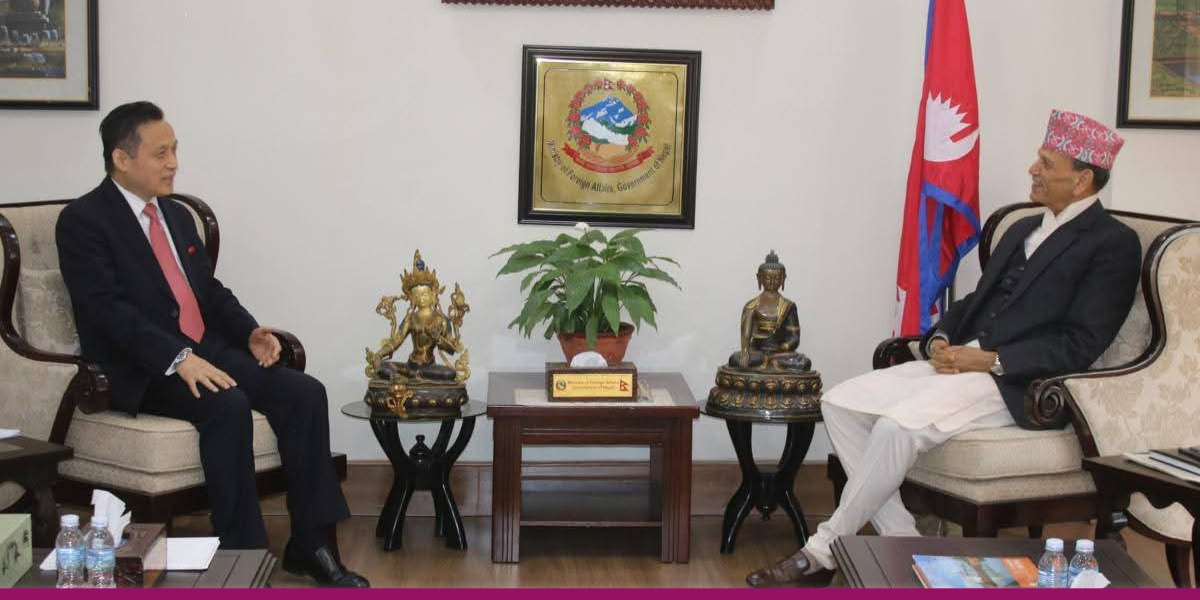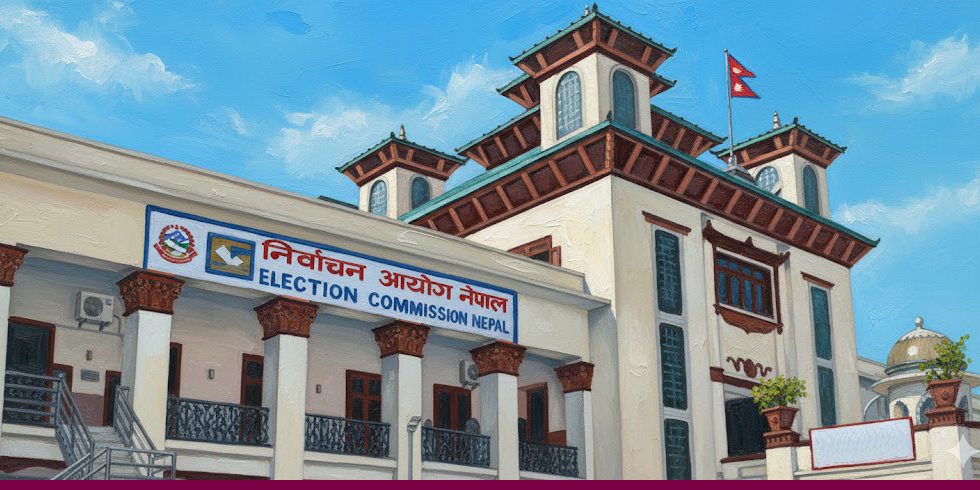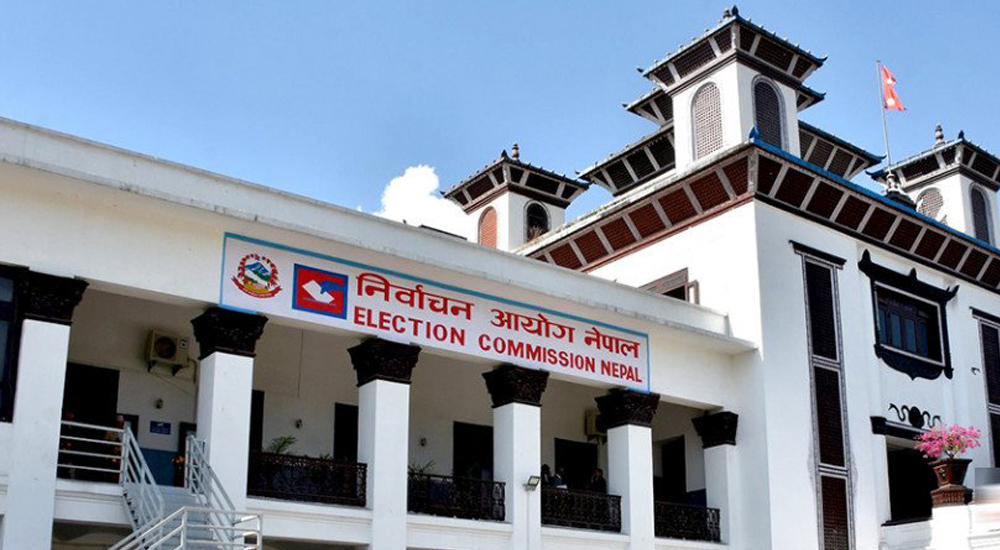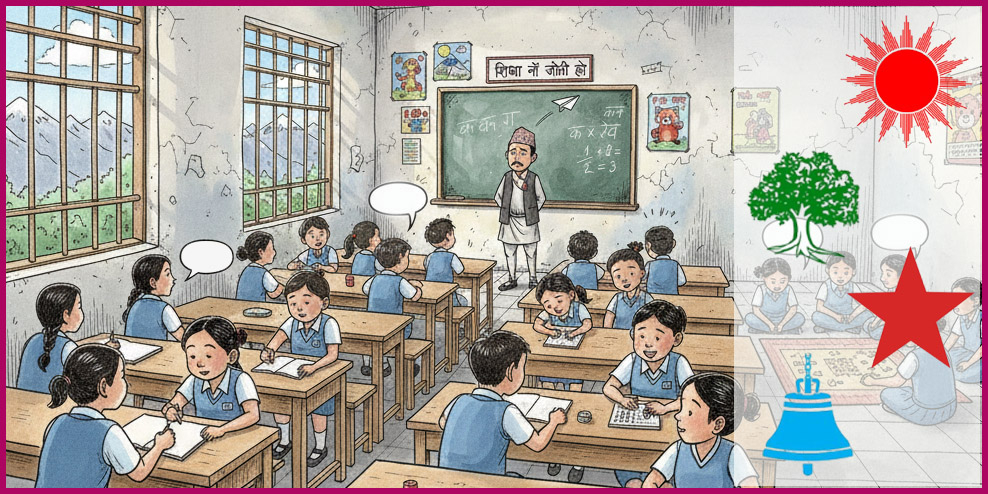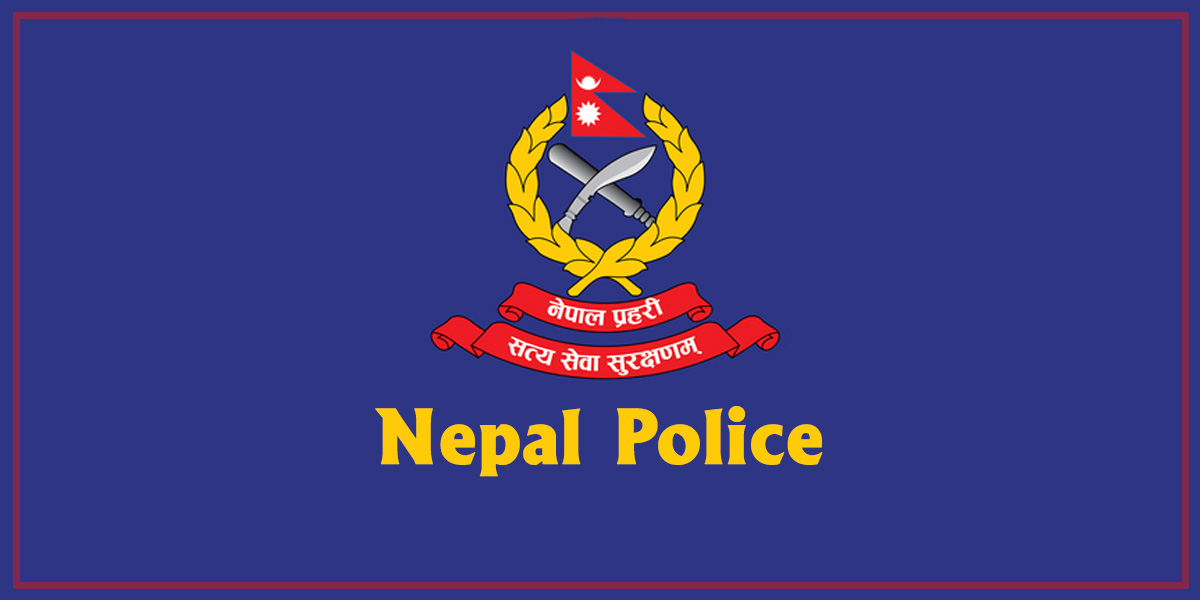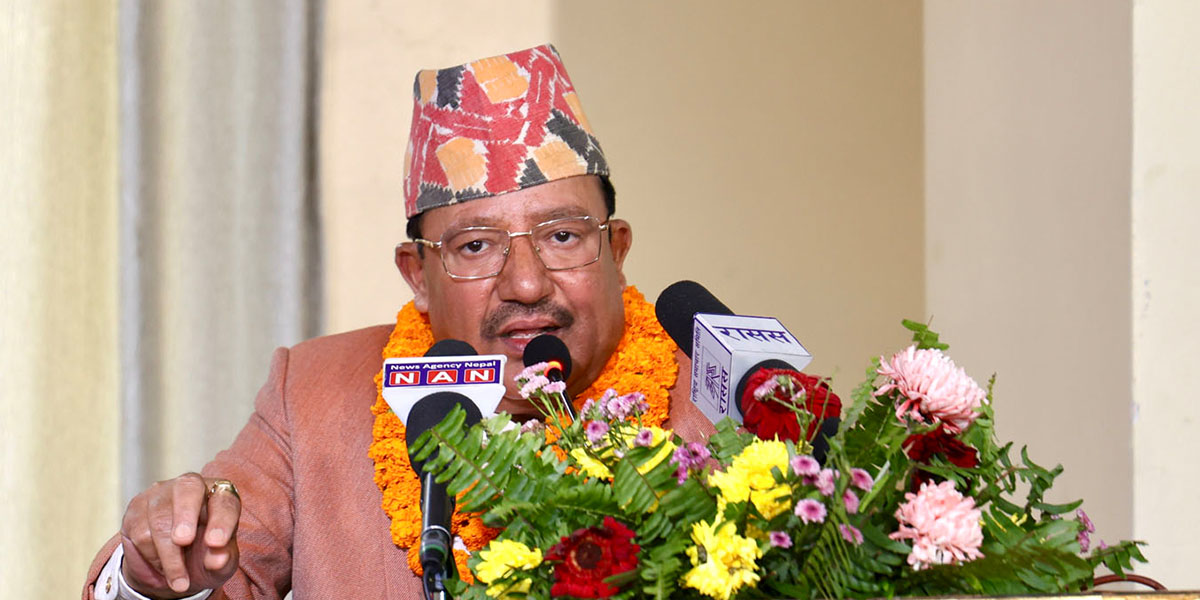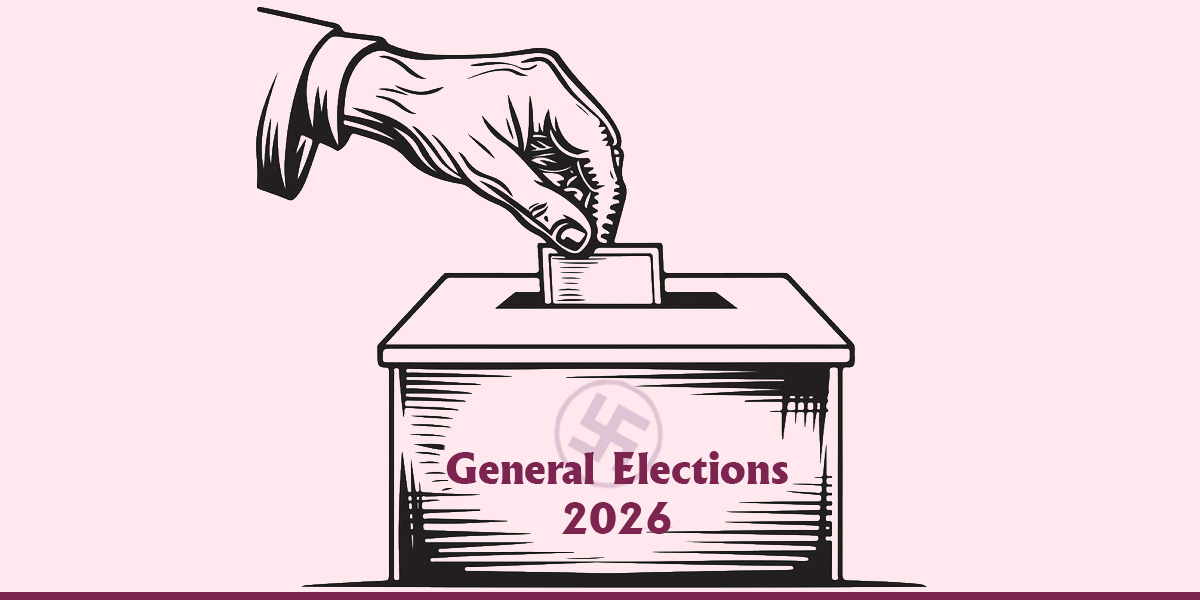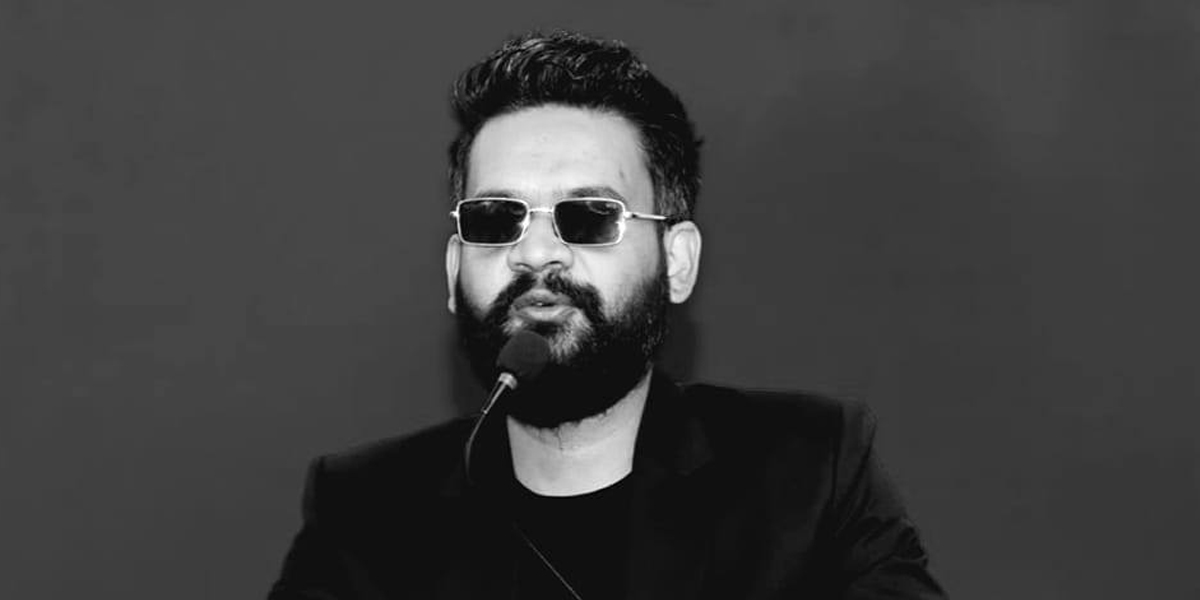 File Photo
File Photo
KATHMANDU: Institutional (private) schools are under pressure after Kathmandu Metropolitan City (KMC) Mayor Balen Shah said they must provide pay and perks to their teachers on par with community (government) schools.
Promoters of institutional schools say that it is not possible to provide pay and perk similar to government school teachers immediately. RB Katuwal, the general secretary of the Private and Boarding School Organization of Nepal (PABSON), said since institutional schools are registered under the Company Act, the pay and perks of their employees will be as per the Labour Act. “At a time when institutional schools have been facing difficulty in providing even the minimum wage stipulated by the Labour Act, it is not possible to provide salaries on par with teachers of community schools,” he added.
Katuwal also said that since the government has categorized schools into different categories, the pay and perks of staffers will differ accordingly. “Since schools are allowed to collect fees as per their categories, they should be allowed to pay salaries to their workforce accordingly,” he argued. He said schools will have to raise fees if they are forced to pay teachers on par with public schools.
According to promoters of institutional schools, 60% of their revenue from school fees goes towards paying salaries, while the remaining 40% is used for other expenses. Stating that ‘A’ grade schools already pay salaries higher than what teachers in public schools are earning, they say all schools cannot implement a similar pay structure.
Subash Neupane, joint president of the National Private and Boarding School Organization of Nepal (N-PABSON), said while the issue of teachers’ pay raised by the KMC was justifiable, all schools cannot implement it in the present circumstances. “It won’t be justifiable to enforce a blanket decision on schools of different categories,” he added. “Schools that collect nominal fees by targeting lower-income families cannot pay their teachers on par with public schools.”
According to Neupane, schools in the ‘A’ category already pay about 15% more than public schools pay their teachers. “But schools in the ‘C’ and ‘D’ categories are already facing difficulty to pay their teaching staff. There should be a provision to fix the pay and perks of teachers based on the teaching fees they are allowed to collect,” he added.
Meanwhile, the Institutional School Teachers Union (ISTU) has been trying to resolve the situation as teachers in institutional schools are not even receiving the minimum pay. Issuing a statement, ISTU has already drawn the attention of the government to make the salaries of teachers in institutional schools on par with community schools.
Mayor Shah has reminded institutional schools that, as per Rule 68 of KMC School Education Management Regulations, salaries, allowances, pensions, gratuities, and other benefits of teachers shouldn’t be less than what is determined in the Education Act. ISTU has argued that it isn’t justifiable for organizations like PABSON and N-PABSON to oppose KMC’s notice in which it asked institutional teachers to inform its Education Department if they aren’t receiving salaries on par with teachers in community schools.
“We have been raising the issue for the past two decades,” ISTU President Hom Kumar Thapa said. “ISTU has been asking institutional schools to comply with the Education Act and regulations, provide appointment letters and ID cards to teachers, pay salaries fixed by the government, and not collect fees from parents under unnecessary headings. But they have been ignoring our demands,” Thapa added.
He said that only a few institutional schools have enrolled in the Social Security Fund brought by the government.
ISTU has also said that institutional schools have not implemented the agreement that it reached with PABSON and N-PABSON in the presence of the government and parents association nearly two decades ago, as well as several other agreements. According to the ISTU, some schools didn’t even pay salaries to teachers for a year citing COVID.
ISTU has asked local units across the country to create a situation where teachers in institutional schools receive salaries on par with teachers in community schools.
There are 89 community schools and 515 institutional schools in KMC.


